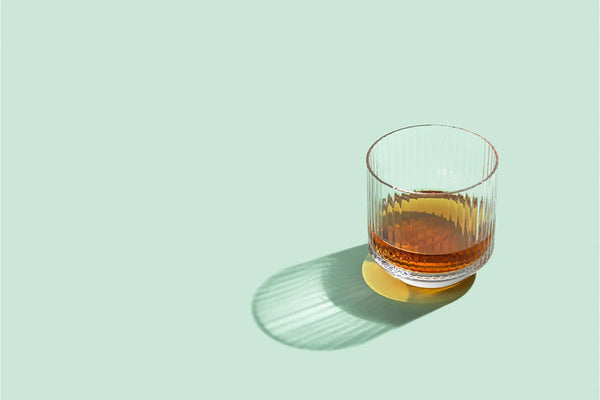Opinion: Is it whisky or whiskey?
What is the correct spelling: whisky or whiskey? The very brief answer would be: whatever you prefer it to be! After all, it is just as enjoyable, no matter the spelling.
But there is, of course, more to it than that.
In the 11th century, when alcohol – then called aqua ardens – was discovered, excitement certainly was great: a water that could be ignited would have appeared to contradict the established Aristotelian theory, and there can be little doubt that the early medieval distillers expected to be very close to discovering the famous philosophers' stone. Various names were given to this miraculous substance: it was called the quintessentia (the fifth element) and anima de vini (soul of wine), or even more extravagantly liquor inflammabilis supernatans and mercurius vegetabilis (botanical mercury). It was the name aqua vitae though that stuck, coined by Arnaldus de Villa Nova in his famous Liber de vinis.
Alcohol
The term “alcohol” was introduced as late as in the 16th century, long after its discovery. The Swiss-German physician Theophrastus Paracelsus transferred the Arabic name for a finely ground powder of antimony, al-kuhl, to the fine substance distilled from wine. Paracelsus, as far as we know, could not speak Arabic. “Alcohol” today is still used in everyday language for what in chemistry is more precisely called “ethyl alcohol” or “ethanol”.
Historically, the word “whisky” or “whiskey” is derived from the Gaelic translation of the Latin aqua vitae, the “water of life”: uisge beatha (pronounced “oosh-gah va” in the modern Scots Gaelic spelling) or uisce beatha (pronounced “ish-ka ba-ha” in the Irish spelling). The numerous variants of the word include spellings like usguebagh, usquebaugh, usquebea, usquabah and iskie bae. When aqua vitae made its first recorded appearance in Scotland in 1494, aqua vitae produced from wine was not distinguished from aqua vitae produced from beer; neither “whisky” nor “whiskey” was used to describe the produce of the early stills.
The term uisge beatha (in its various spellings) went through further changes. According to the Scotch Whisky Association, the term “uiskie” appears in a funeral record dating from 1618 (1), and in a series of letters dating from 1754, the English captain Edward Burt invariably uses the word “usky”(2).
So, when is the first occurrence of whisky or whiskey? The unknown author of a pasquill presumably written in 1715 – in an almost Solomonic way – makes use of neither spelling: in the Dialogue between Argyll and Mar one can read:
“If that once more we shall engage, We shall know how it goes, Sir, Whiskie shall put our brains in rage, And snuff shall prime our nose, Sir” . (3)
An example for a different spelling can be found a couple of years later; an article from The Gentleman's Magazine printed in London in 1753, mentions “the excessive drinking of spirituous liquors, especially whiskey”.
In Samuel Johnson's famous Dictionary of the English Language we find the word “whisk(e)y” under the entry for Usquebaugh. The good doctor used both spellings: “whiskey” in the third edition of his dictionary, “whisky” in the sixth.
Often the claim has been made that “whiskey” is the single spelling used in Ireland. That might be the case today, but when in 1879 the “Big Four” Dublin Distillers released their pamphlet Truths about Whisky, the spelling used was univocally “whisky”.
On the other side of the Irish Sea, in 1908, the “Royal Commission on Whiskey and Other Potable Spirits” in its report used the spelling “whiskey”.
To sum things up, historically both spellings were used inconsistently in Scotland and in Ireland (and also in England).
Today, in Scotland, the spelling “whisky” is used throughout, as is the spelling “whiskey” in Ireland. In the rest of the world “whisky” is the preferred spelling, with the exception of the United States. Here most brands prefer the spelling “whiskey” (with some notable exceptions like Maker's Mark and George Dickel). Confusion is completed by the fact that in the Code of Federal Regulations (the US equivalent to the Scotch Whisky Regulations) the spelling “whisky” is used exclusively.




1 comment
😁😁😁 Wonderful!